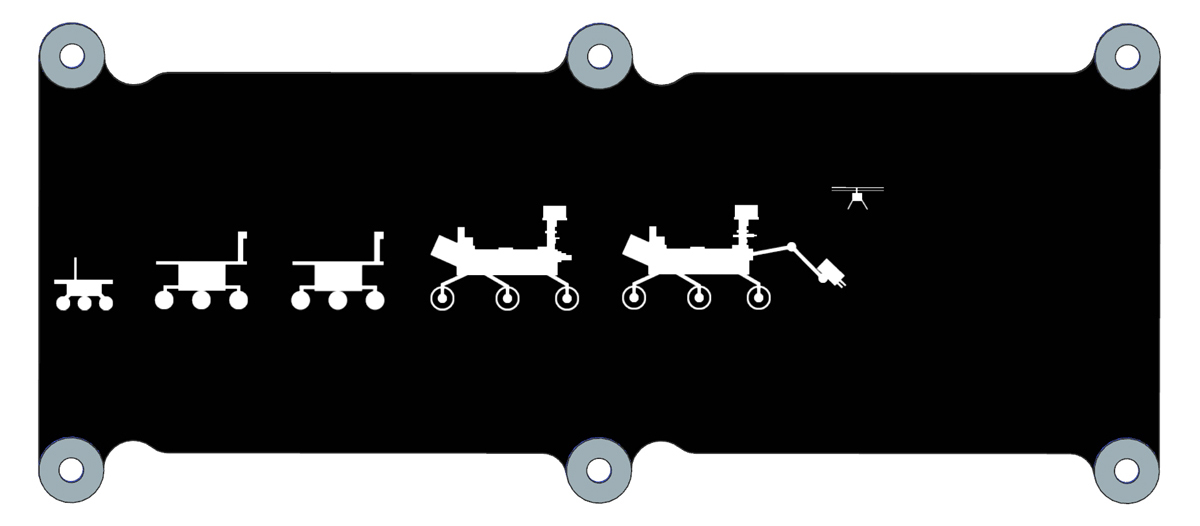Aphantasia and hyperphantasia
May. 3rd, 2024 08:06 pmI got an e-mail the other day, followup on a survey I'd taken part in, that has apparently led to this scientific paper and this writeup for us non-experts
I barely remember doing it; I'm most likely to have participated because they were interested in how/if hyperphantasia or aphantasia are affected by visual impairments. I don't feel like I have a strong visual imagination and imagine that must be related to me not having strong visual signals at all. But I am far from aphantasic either -- or so I feel confident in saying because Andrew had it and how he described it seemed very different from my experience. But then I find it hard to distinguish this from my spatial reasoning (abnormally good for "my gender" when it was tested in school), sense of direction, and memory. I was better than my parents at those "Concentration" type games where you turn over two cards and see if they match, when I was like three or four. They were impressed but I think it's just how my brain deals with not being able to see very well: after I've been someplace once, I'm likely to have a pretty good idea of the path I took to and from so I am so much more relaxed any subsequent times.
This kind of spatial acuity does seem to be the other kind of hyperphantasia talked about here: "an enhanced ability to picture the orientation of different items relative to one another and perform mental rotations" and it also mentions a good sense of direction. I don't know if I have that to a "hyper-" worthy degree, and if I did I'm sure it'd be because of other parts of my brain chipping in to make up for the shitty signal my visual cortex gets -- the one MRI I had wasn't related to my sight but since if its about anything below your head, your head is also in the tube, and that meant the first thing the consultant said about it was that my visual cortex is both bigger and fuzzier than usual, which I presume is what this "let's all pitch in and help out" coping mechanism has led to. Having been born with my visual impairment, my brain developed with it as a constant factor. I do wonder what that does to the aphantasia/hyperphantasia spectrum.
Anyway all that is incidental. It's always cool to get to help with a science!

